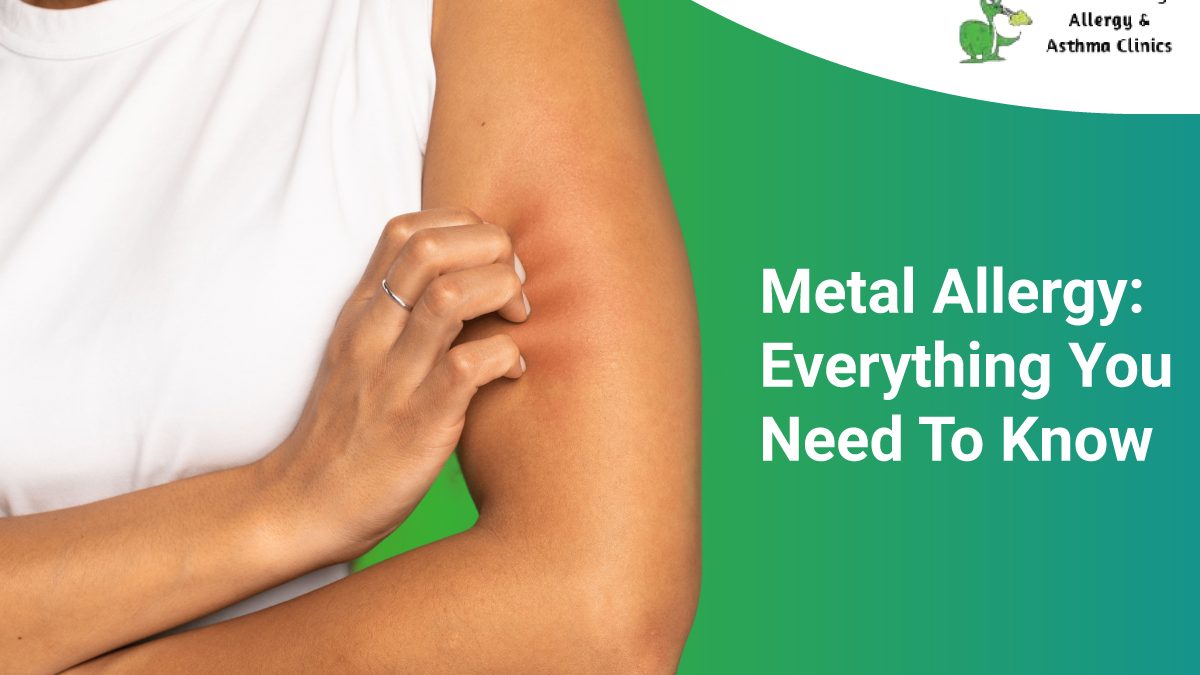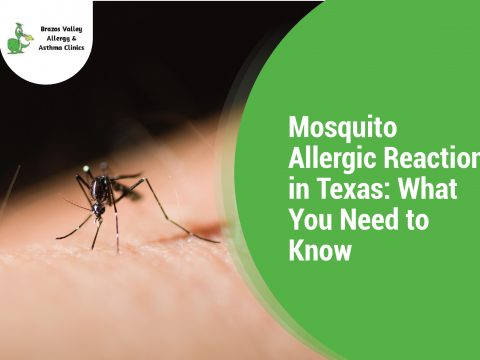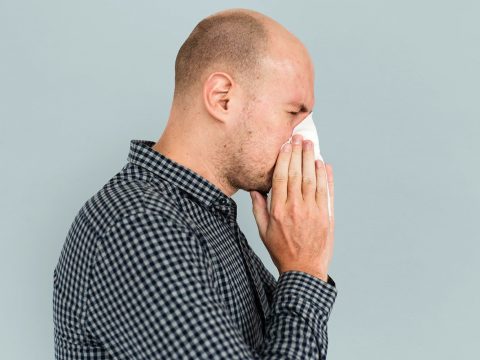- 979-485-9287
- office@bvallergy.com
-
 979-251-7804
979-251-7804
Metal Allergy: Everything You Need To Know

What to Expect During Sting Treatments
July 27, 2022
Top 5 Rarest and Uncommon Allergies
August 30, 2022Overview
Metal allergy or hypersensitivity is a common medical condition affecting your immune system. Studies say that approximately 10% to 15% of the population are allergic to different metals. Living with this adverse health condition is not easy, primarily how metal is used in everyday life. Metal is present in a large percentage of the things we use. These include loose change, jewelry, pins on clothing, household tools, and many more.
How can you minimize the risks of metal allergies? Worry not. This article will serve as your guide. We’ll highlight the causes, symptoms, and treatment of metal allergy. In addition, we’ll also provide you with helpful tips to minimize or avoid accidental contact with metal. So, without further ado, let’s start our discussion.
What is An Allergy?
An allergy is an adverse medical condition where your immune system tries to eliminate regular proteins like they are some kind of bacteria or virus. You may experience a skin rash, inflammation, or runny or clogged nose during an allergic reaction. Worst cases are also potentially life-threatening, like anaphylaxis. In this severe allergic reaction, your blood pressure suddenly drops, and you may have trouble breathing.
Causes of Metal Allergy
Metal allergens are the primary cause of metal hypersensitivity. These allergens can be found in multiple sources, especially in the objects we use every day. Therefore, it is almost impossible to avoid direct contact. The common types are stainless steel allergy, copper allergy, silver allergy, and gold allergy. Here’s a list of some of the examples of the things mentioned:
- Coins
- Wristwatches
- Jewelry
- Cufflinks
- Pins on clothing
- Garden tools
- Kitchen tools
- Gadgets
- Medical tools and equipment
The list could go on. It’s simply too many to enumerate. In addition, some cosmetic items also contain metallic compounds that can be harmful to people with metal allergies.
Metal Allergy Symptoms
The signs and symptoms of metal allergy are similar to allergies to other allergens. It affects your skin minutes after contact. Below is a list of common metal allergy symptoms.
- Skin rash
- Itchiness
- Redness
- Inflammation
- Blistering
- Scaling
- Muscle pain
- Chronic fatigue
- Cognitive impairment
- Depression
- Fibromyalgia
- Joint pain
- Muscle pain
How to Minimize Allergic Reaction to Metal
We’ve compiled helpful information about minimizing the risks of an allergic reaction to metal. You can also use the information in this section as your guide.
1. Choose Your Jewelry Wisely
Jewelry is typically made up of more than one type of metal. It may contain metallic fragments that could trigger an allergic reaction. Your best option is to choose higher-quality jewelry. The metals used in higher-tier jewelry are less likely to cause an allergic reaction. Some examples are yellow gold, copper, platinum, sterling silver, and stainless steel.
2. Check Your Mobile Phone’s Build Materials
Everyone uses mobile phones these days. These gadgets are a necessity in many ways. However, it contains cobalt and nickel. These metals are two of the highest causes of metal allergies worldwide. You can use a protective case if you want to minimize exposure. These cases come in all forms and sizes, making them ideal for individuals with metal hypersensitivity.
3. Think Twice Before Getting a Tattoo
Studies say that tattoo inks contain metal elements such as chromium, nickel, and other metallic components. Although the quantities of metal in tattoo inks vary, it’s still wise to reconsider. Metals from tattoo inks could get into your bloodstream directly. Watch out for henna tattoos too. Henna contains zinc, aluminum, lead, copper, and nickel.
4. Read the Label of Personal Care Products Carefully
Personal care products are a necessity. We don’t use them on a whim, but because we need them for personal hygiene. However, some of these products contain metallic concentrates that could trigger your allergy. Chromium is one of the most common compounds that these products contain. Read the back label carefully before buying.
Other Objects That May Contain Metal
Some objects may contain metals as part of their build materials. Be careful when you’re buying one of the items listed below.
- Eyeglass frames
- Clothing hardware
- Artificial joints
- Knee or shoulder supports
Metal Allergy Treatment and Management Tips
Knowledge helps in minimizing the risks and hazards of metal allergies. Knowing what to avoid goes a long way. But your primary option should be talking to your allergist. Doctors can provide adequate treatment based on their testing and diagnosis. The typical treatments are topical solutions like
- Corticosteroid creams
- Antihistamine creams
- Nonsteroidal creams
Oral anti-allergy medications work well too. Your doctor will provide you with the appropriate treatment approach based on the severity of the allergy.
Now that you know the causes and things to avoid to minimize the risks of metal allergies, you can enjoy a better life. Remember to check the back labels of the products before buying to prevent allergic reactions.
Begin Your Allergy-Free Journey Today
Brazos Valley Allergy & Asthma Clinics is home to world-class allergists you can rely on. We offer top-tier allergy management based on your individual needs.
Our immunotherapy program helps strengthen your immune system naturally, providing maximum protection from accidental metal exposure.
Live an allergy-free life by booking an appointment online today. Find a clinic near you by clicking this link. Your health is important to us. We hope to hear from you soon.




